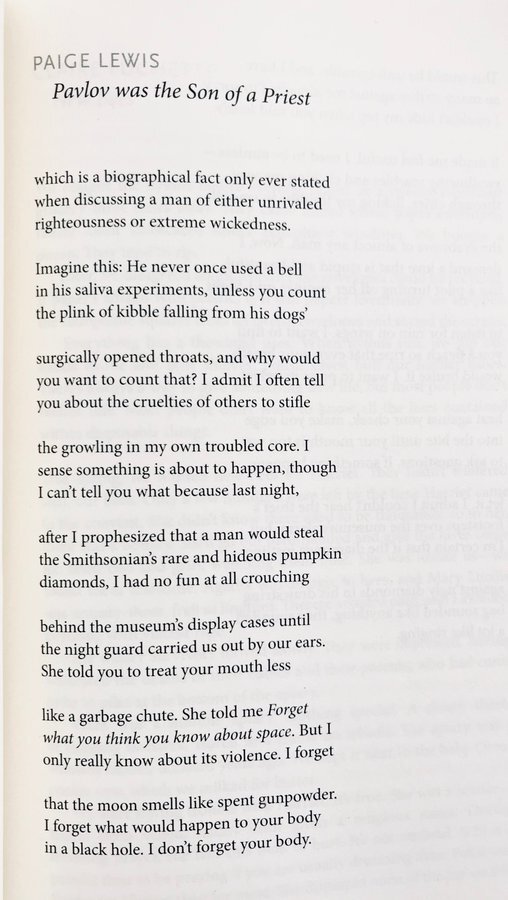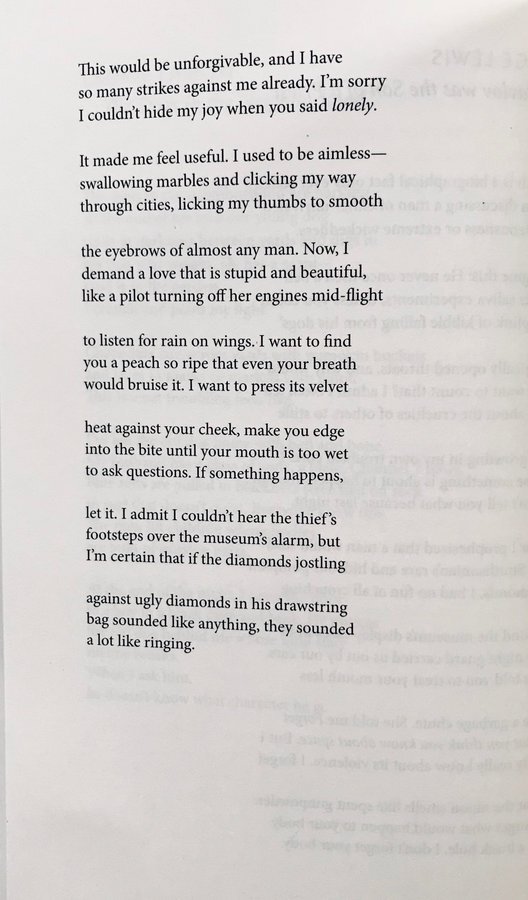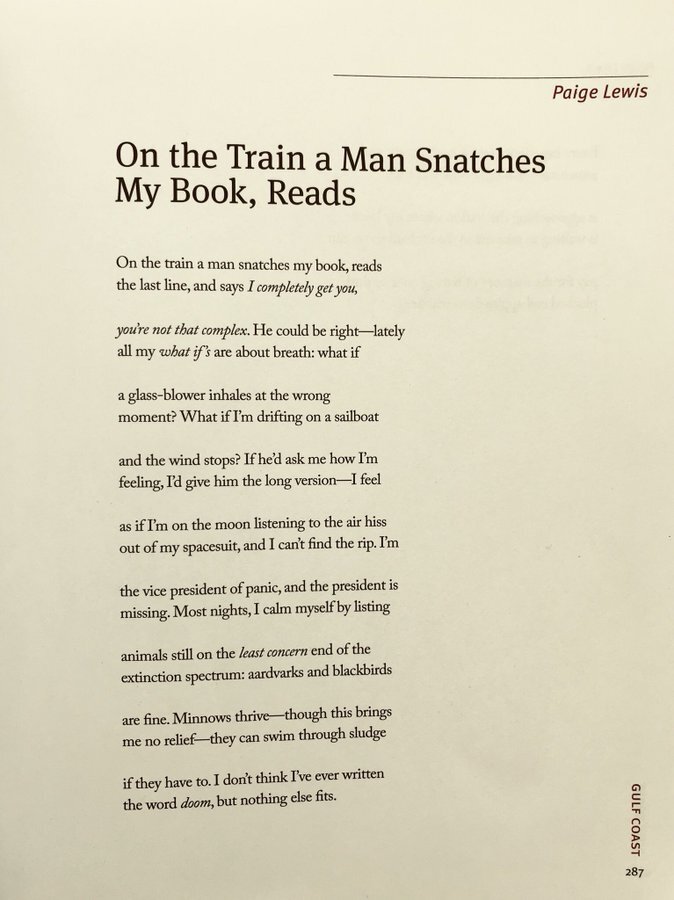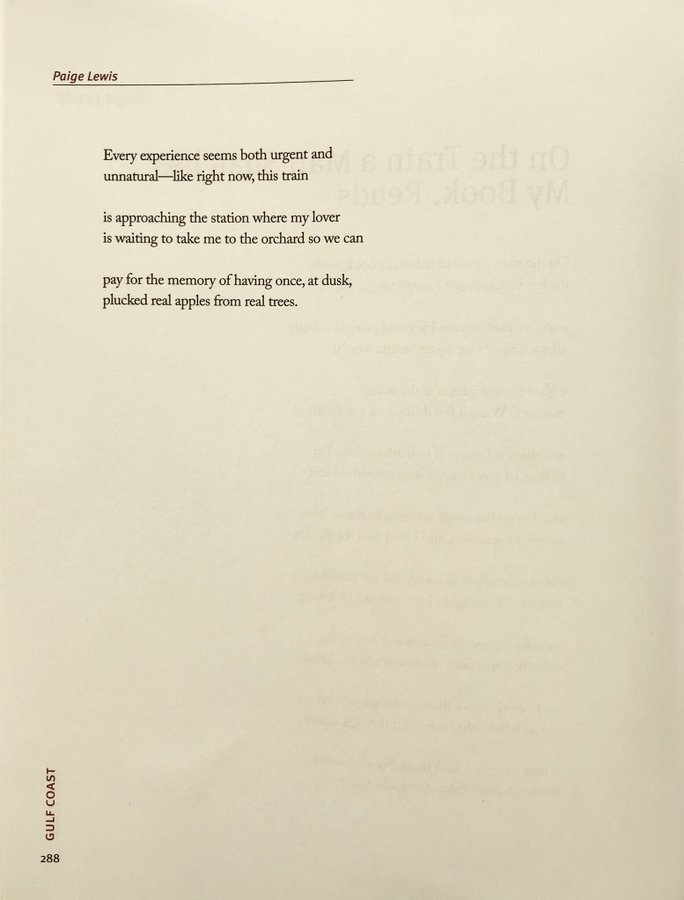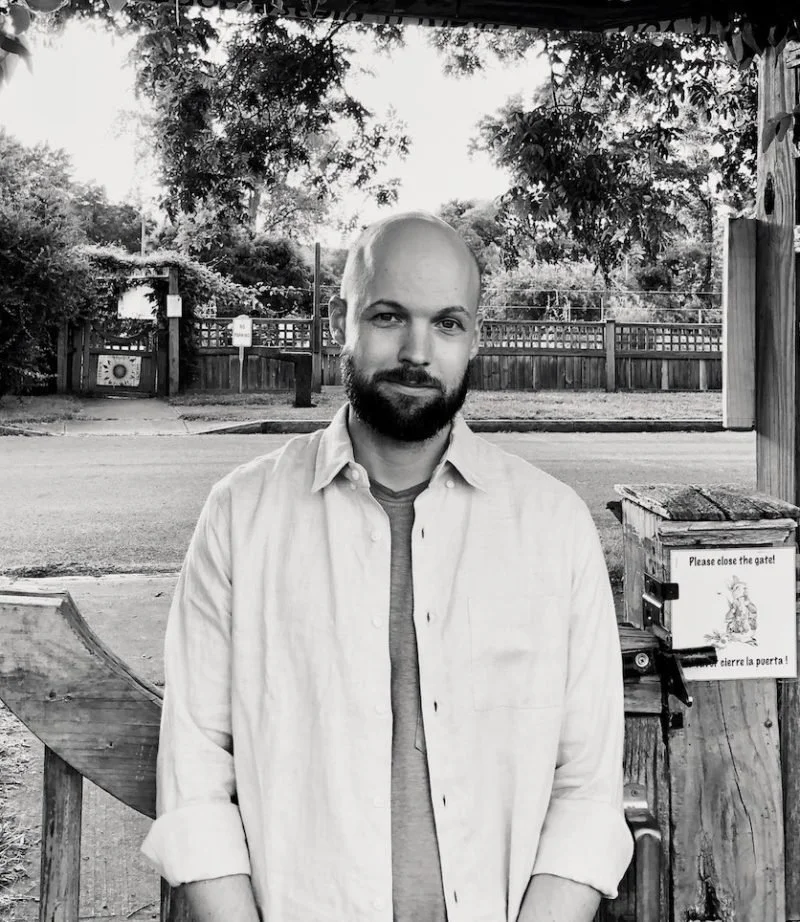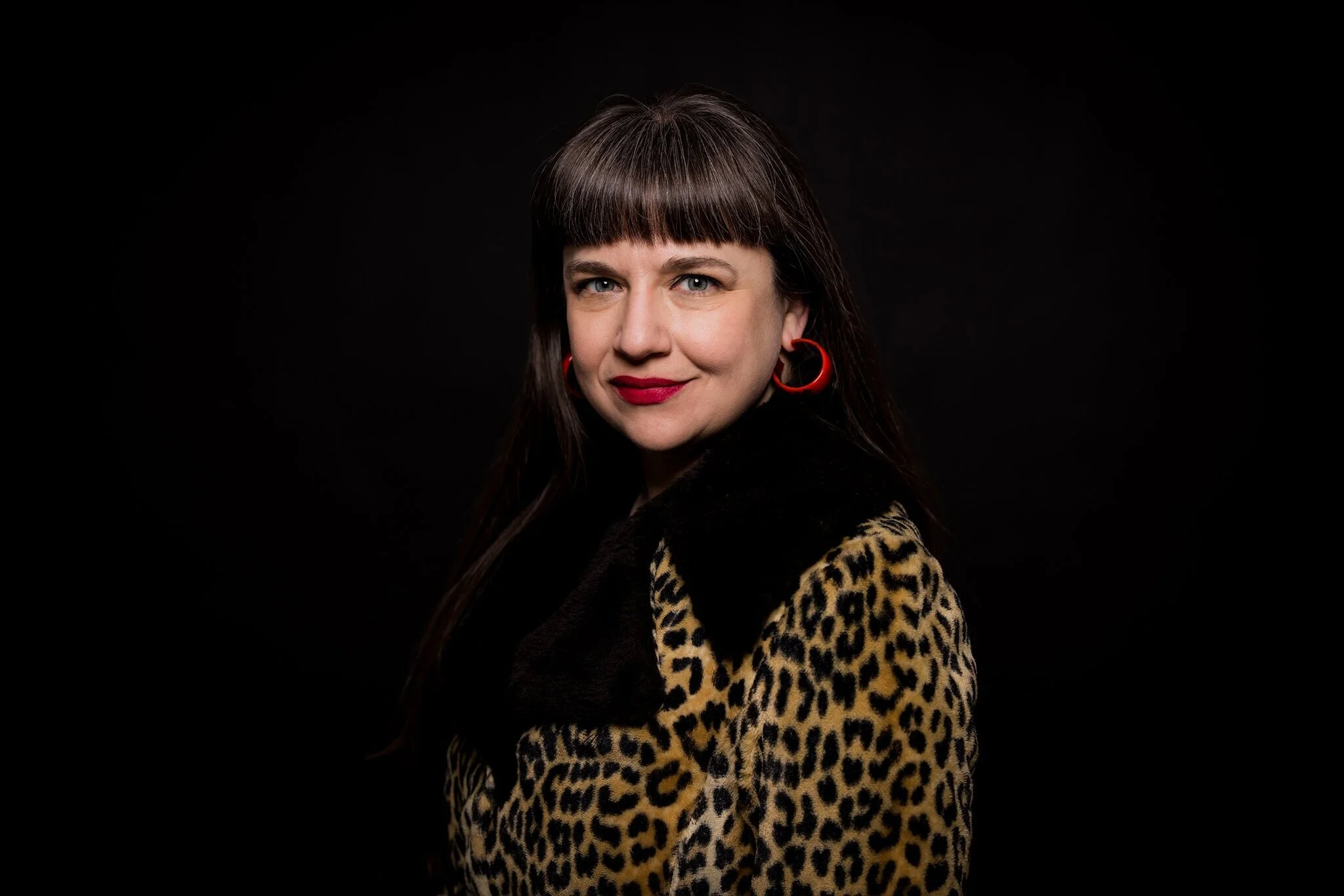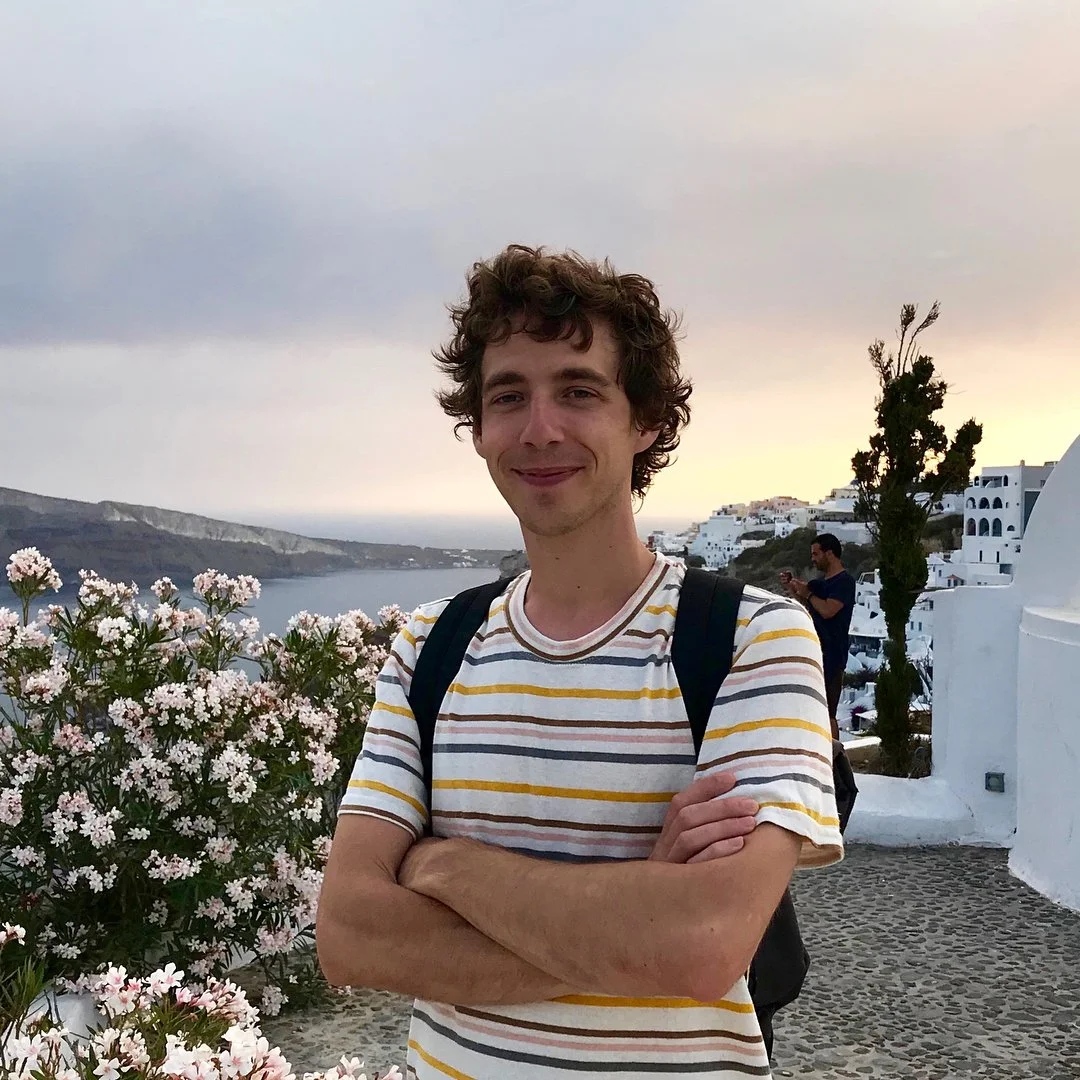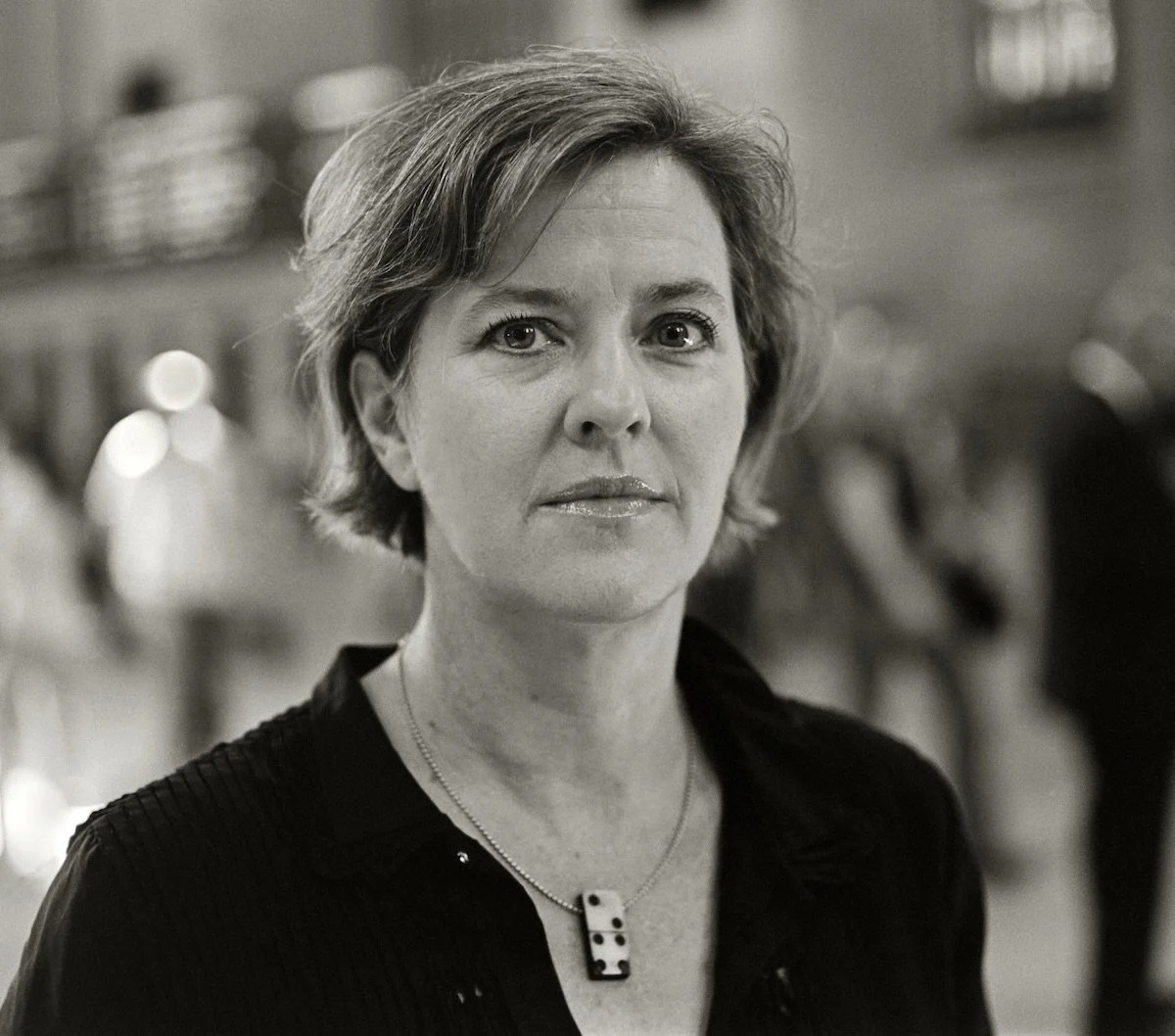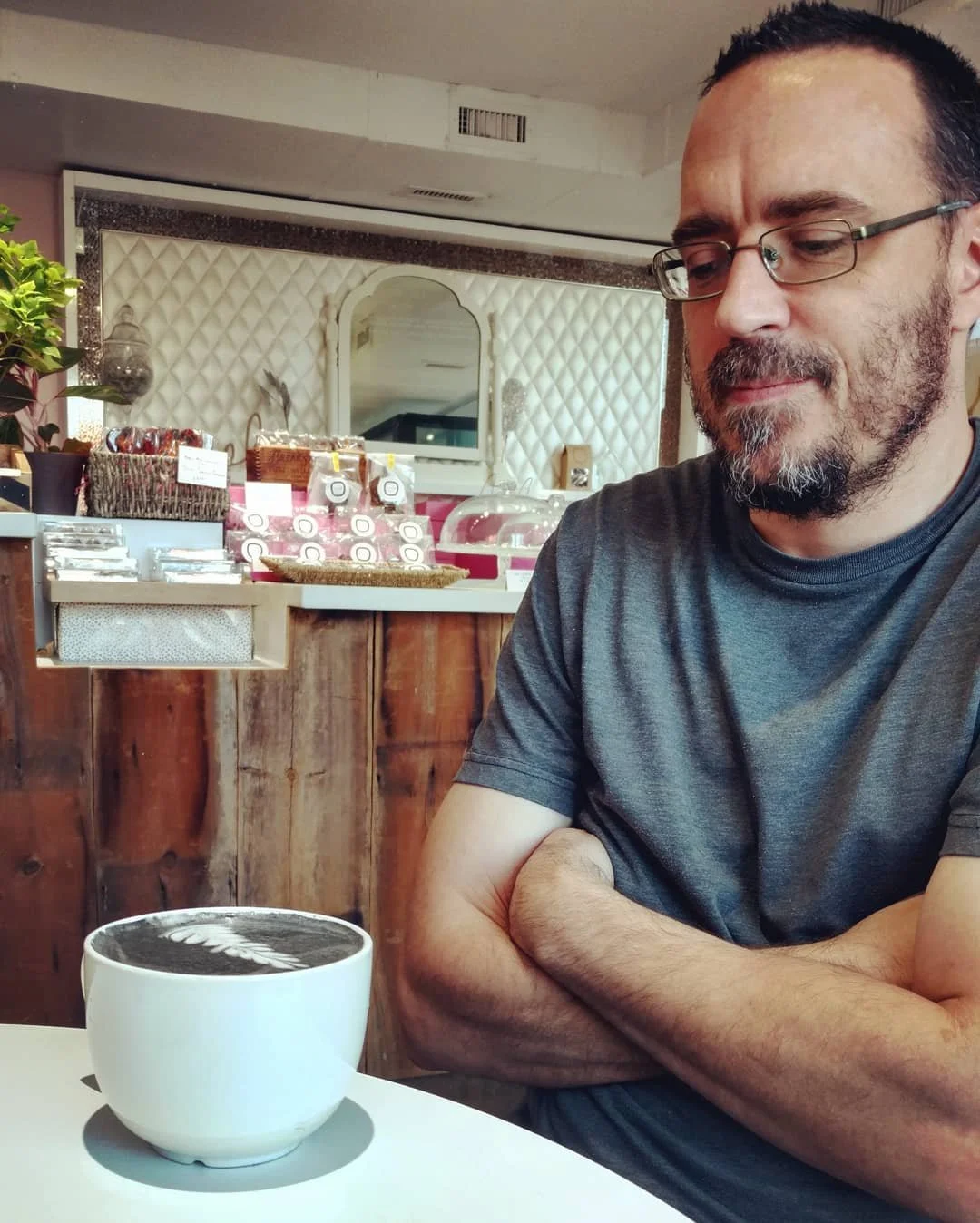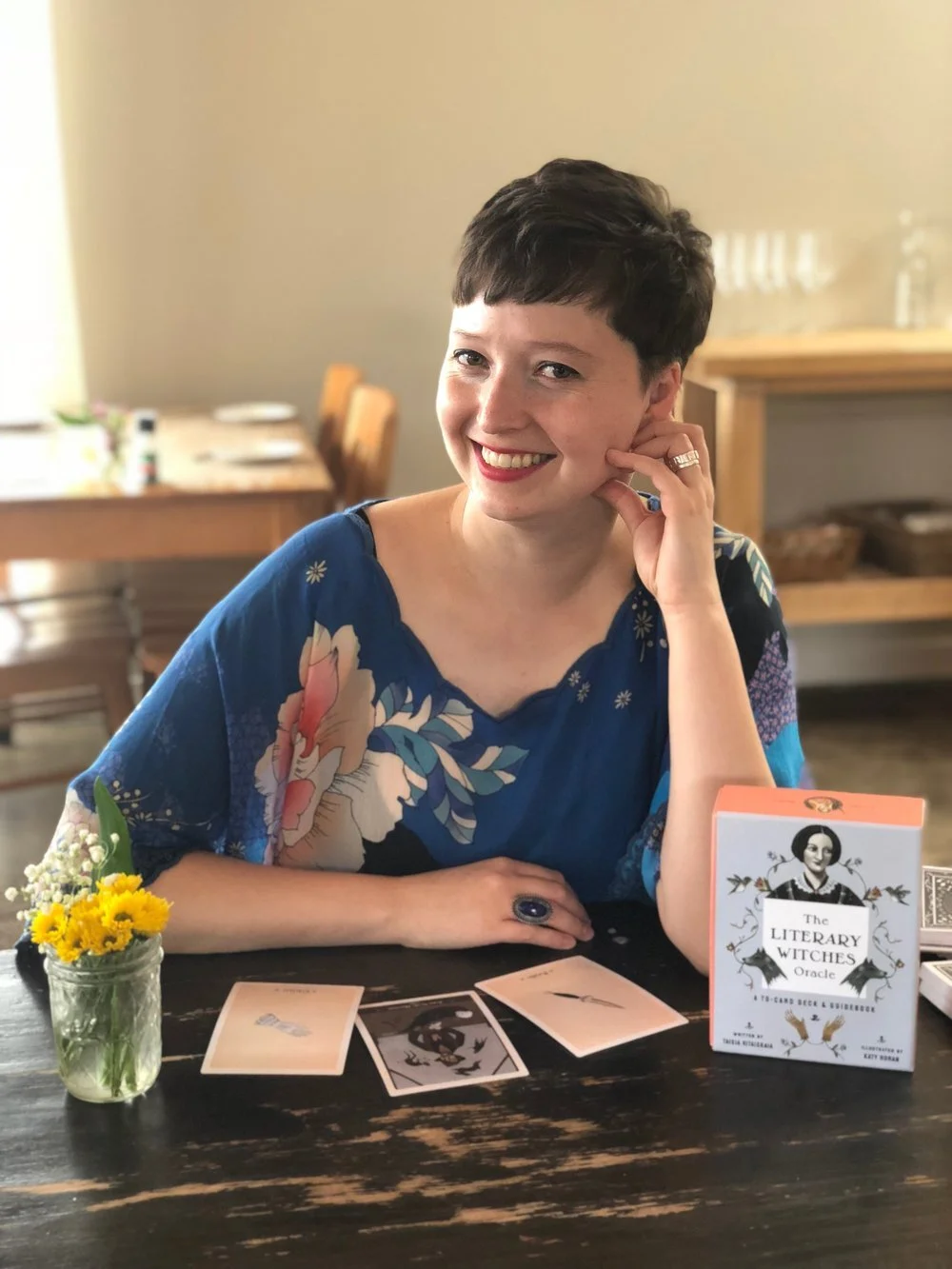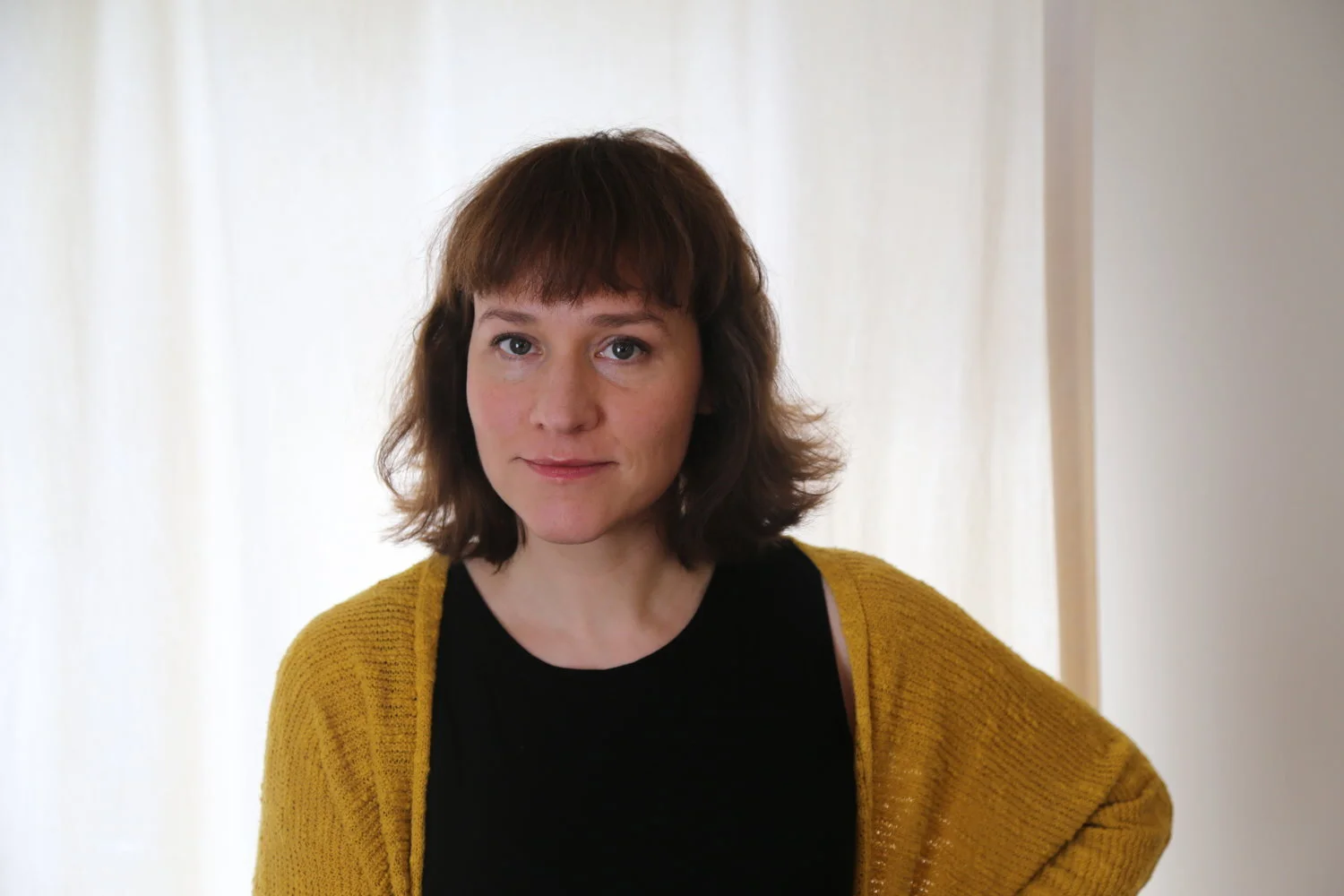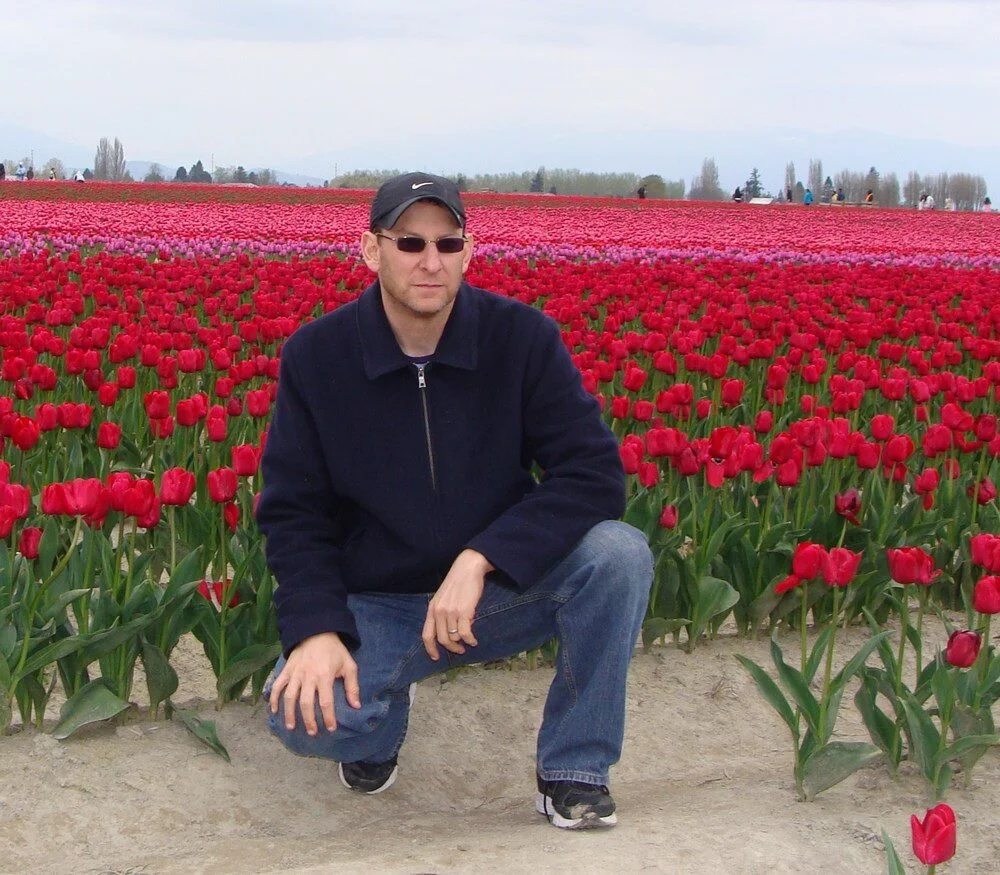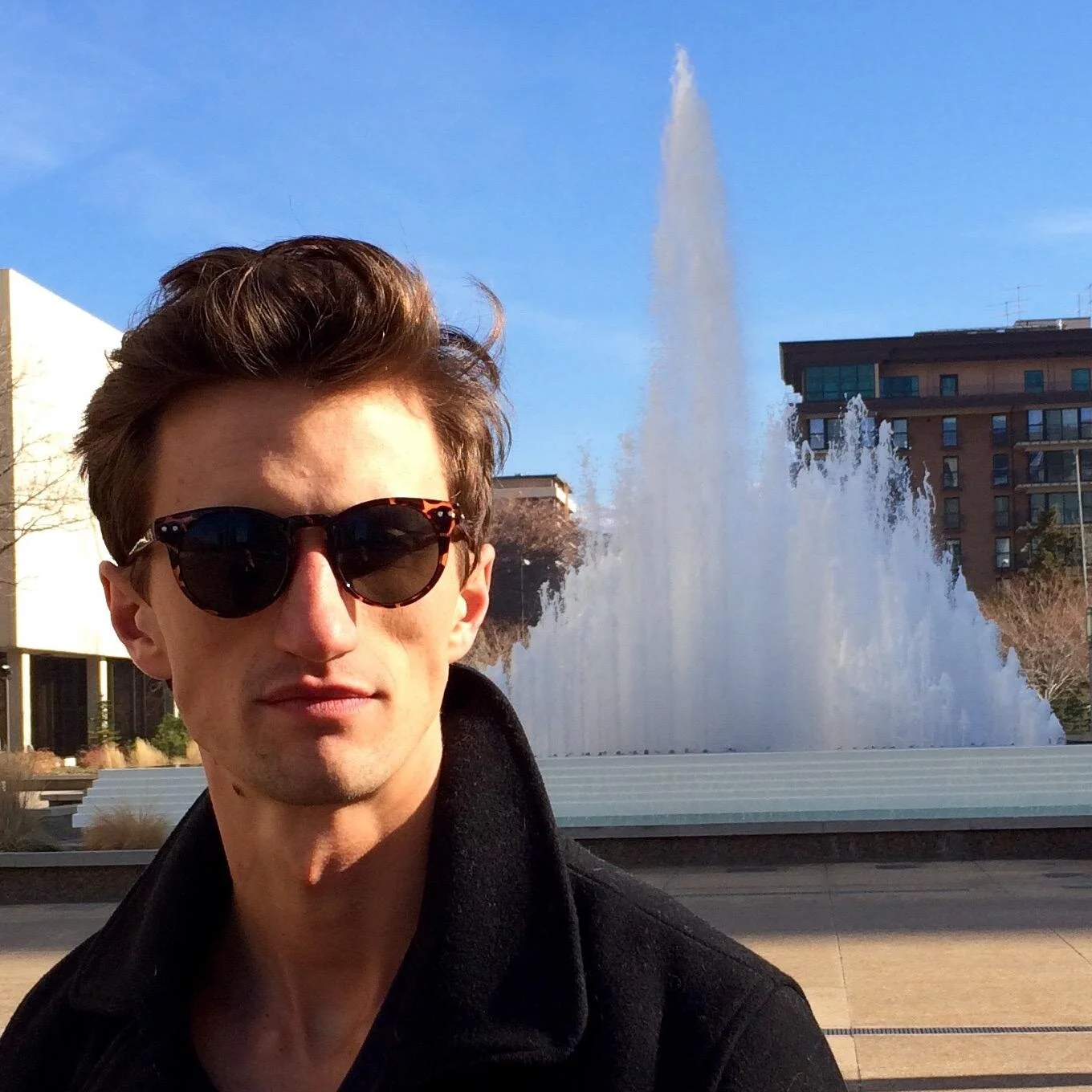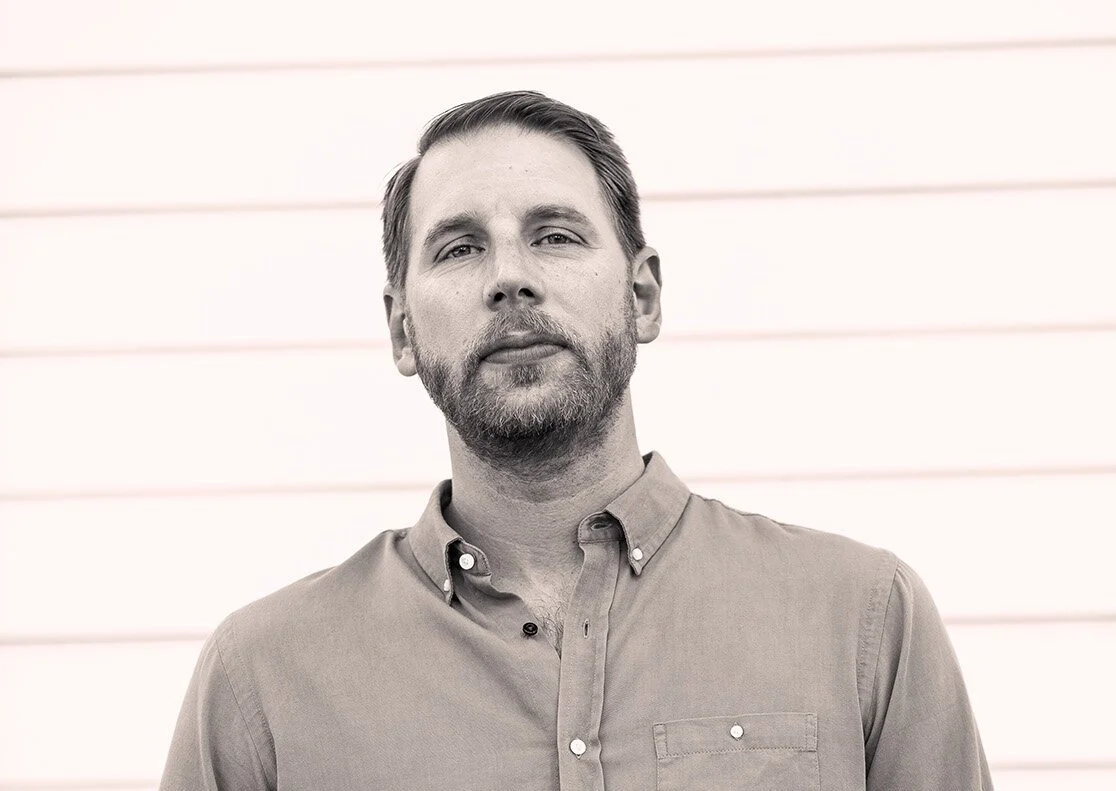Back in October, poet (and Purdue professor) Paige Lewis released their debut collection, Space Struck. A meditative offering on nature, the cosmos, memory, and reality, reading Space Struck is like watching Planet Earth inside an abandoned chapel. Like praying in a tree-house full of endangered butterflies as a lumberjack sharpens their saw below. Juggling the ups and downs of the animal world with the ups and downs of humanity, it is a book to take on a walk, to hold near a garden, to have nearby as you approach the blank page.
I spoke with Lewis (who also curates the YouTube series Ours Poetica) about their first book, a separate epic, the slither of snakes, the playback value of Radiohead, and, yes, outer space.
Let's begin with an icebreaker. If you could follow around a writer (living or dead) for one day, who would it be and why?
I wouldn’t follow around any dead writers because that would be terrifying for me. And I’m hesitant to follow around any living poets because that could be really terrifying for them. Do they know I’m following them, or am I just walking ten steps behind them and hiding behind a newspaper any time they turn around?
Congrats on your debut collection! How does it feel to have your first book out in the world?
Thank you! It feels good, but also a little strange. I mean, I wrote most of these poems years ago, so I feel a bit of distance from Space Struck. It almost feels like I’m holding someone else’s book.
Also, if I’m being entirely honest, with how the world is crumbling, it has been very difficult to feel anything but dread for the past few years. Writing the poems that would become Space Struck was sort of an exercise in escapism. Writing the poems became a way to ignore my eco-anxiety for a few hours every morning. I don’t know how effective that was since the anxieties still creep into almost every poem.
How old is the oldest poem in the book and how recent is the most recent poem?
I believe the oldest poem is “Magic Show,” which was written in late 2015. “The Terre Haute Planetarium Rejected My Proposal,” written in 2018, was the latest addition to the book. It’s my husband Kaveh’s favorite poem in the book, but he always seems to love whatever the newest thing I write is—which is actually very encouraging. He treats every new poem like a genuine gift, and I am so lucky to get to share my work with him.
Your poems are almost always broken into two or three lined stanzas, often playing with indents and open space. Does this happen as you write or is it closer to the final edit? Can you explain your process of format?
I actually tend to write down as much as I can in a notebook before I bring the poem into Word. As a person who second-guesses everything, I find that I am too quick to delete lines if I write them directly into a Word document—I feel like it’s judging me. But I’m less likely to scratch out what I write into a notebook—it’s more of a playground for language and little doodles of cats.
It’s when I feel confident with what I’m bringing to Word that I start playing with lineation. I believe my OCD brain is to blame for my love of couplets and tercets—and for how often the lines are of similar lengths. Sometimes I just spend hours messing with line lengths. You know how some visual artists will record their creative process? It would be so boring if poets did this.
I've always been a snake enthusiast, but prior to your collection, I did NOT know that king cobras aren't actually cobras. There are numerous tidbits of space info and nature facts throughout this collection. How does research play a role in your writing?
Oh, I love snakes! But I never want to have one—because they should have the world to slither in, and because I also really love mice. I also, if you couldn’t tell, really love outer space. I took a lot of astronomy courses during undergrad, and what tended to stick with me were not the equations, but the strange lives of past astronomers and the experiences of past astronauts. I couldn’t tell you how to calculate an object’s parallax, but ask me anything about Giordano Bruno or Vladimir Komarov!
I don’t know that I think about learning the facts I use in my poems as research. My way of relaxing is to read weird facts about the world. Before bed, I’m often scrolling through reddit’s Today I Learned forum, which is where people post about the facts they’ve learned that day. I tend to forget about 98% of what I read on there, but when something really catches my attention, I get lost for hours clicking link after link to learn more about it. I normally don’t go into it thinking, “Oh, I will make a poem out of this.” I just become obsessed enough with this new information that it inevitably finds its way into a poem. Though, I will say, I tend not to tell other people about what I’ve learned just in case I ever do write it into a poem.
Along with Space Struck, you also have a lengthy (prose) poem "Yael" in Poetry. This is part of a larger work, yes? Or perhaps a better question is: what are you currently working on?
Yes, what came out in Poetry was actually just a short excerpt of an epic I’m currently working on. The hero of the epic is non-binary and their journey is filled with talking animals and strange trials from God. It’s getting so long, and I haven’t a clue when the end will come. I’m having so much fun!
I’ve interviewed a handful of writers married to other writers. Michael Bazzett, Mary Ruefle, Brian Barker. When I interviewed Rachel B. Glaser, I asked her this same question: Do you and your husband workshop / critique each other's work or is it a rather independent process?
Kaveh and I are each other’s first readers. We’ve been writing together for so long we sort of have a system. First, a new poem is accepted as a gift and only a gift. After a few days, when it’s time to come back to the poem, that’s when we offer suggestions on what the poem could become. I can understand why some writers might want the process to be independent, but I really love the poetry sharing that goes on in our household.
Outside of your own work, who/what have you been reading recently? And what’s a song you have been playing a great deal as of late?
I’ve been reading a lot of Ottessa Moshfegh’s fiction. I’ve also been rereading a bunch of beloved books for a course I’m currently teaching on feminist epic poetry—Gwendolyn Brooks, Alice Notley, Sonia Sanchez, Robin Coste Lewis are just a few of the poets we’re spending our time with this semester.
As for music, I’ve been playing Radiohead’s “Idioteque” on repeat. I’ve been in love with this song for more than half of my life. I never get tired of it.
If you can, provide a photo of your workspace. What are some essentials while you create?
I’ve been treating our kitchen table as a writing desk lately. I like to have a cup of peach green tea and a stack of a dozen or so poetry books that I can flip through for inspiration. Music is really important, though I tend to stick to putting one album on repeat until I finish a poem. I wish I’d kept a list of which albums I listened to for each poem in Space Struck. I suppose I could lie and give you a fake list, but that seems like a bad idea!
For this ongoing author interview series, I'm asking for everyone to present a writing prompt. It can be as abstract or as concrete as you choose.
My prompt is short but has a big constraint.
Write a lipogram—a work that leaves out a specific letter of the alphabet—and write it without the letter ‘e.’
In closing, do you have any advice for writers trying to grow in their craft and/or get published? Or rather, what's something you would have like to have known when you first started taking your writing seriously?
I am no good at offering advice. But I will say that the best thing I ever did for my own writing was to read widely and deeply. It’s simple, but it helped me immensely.



